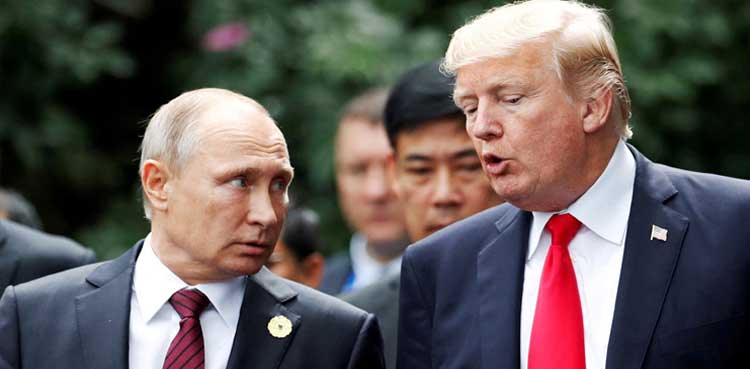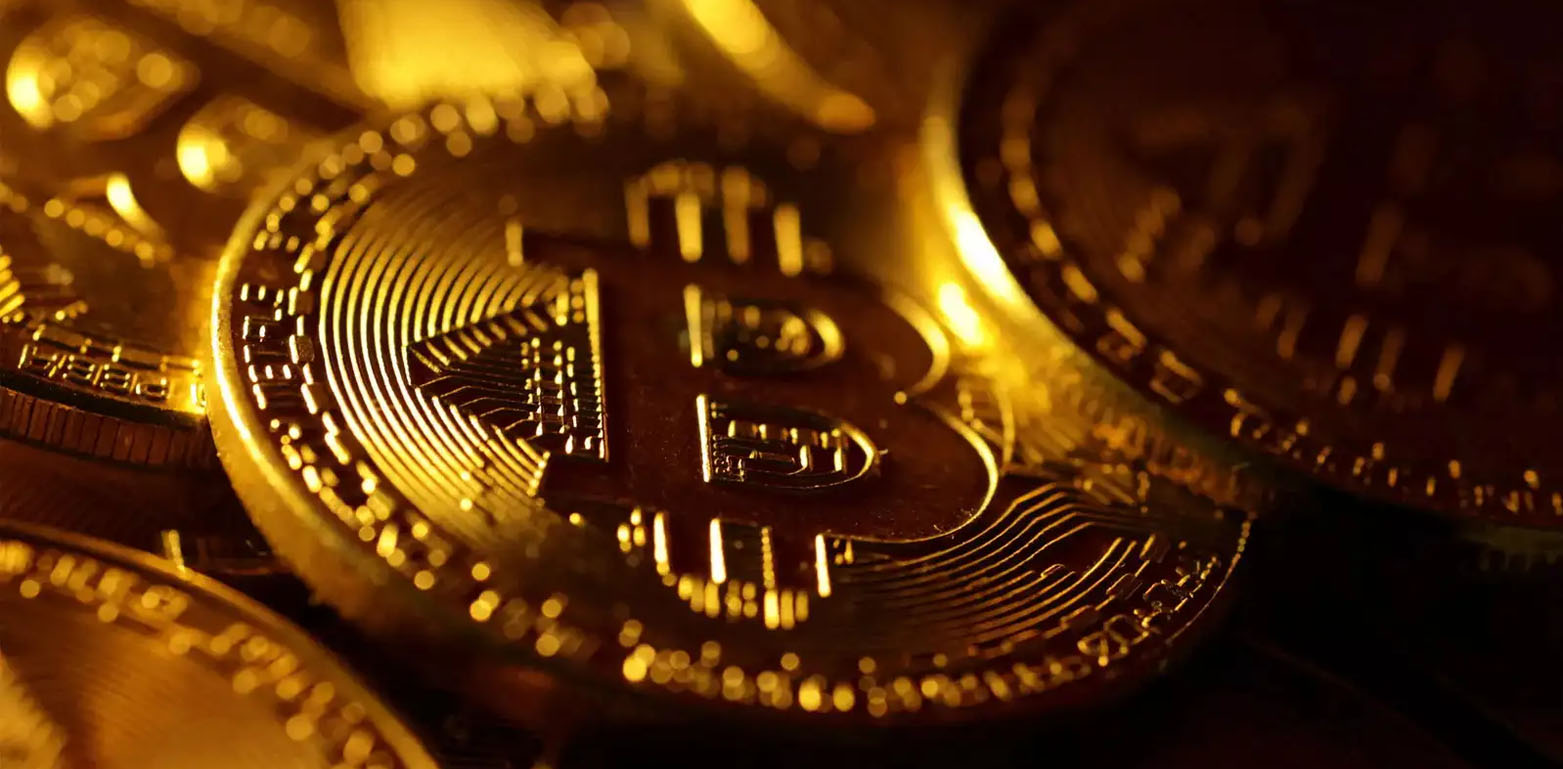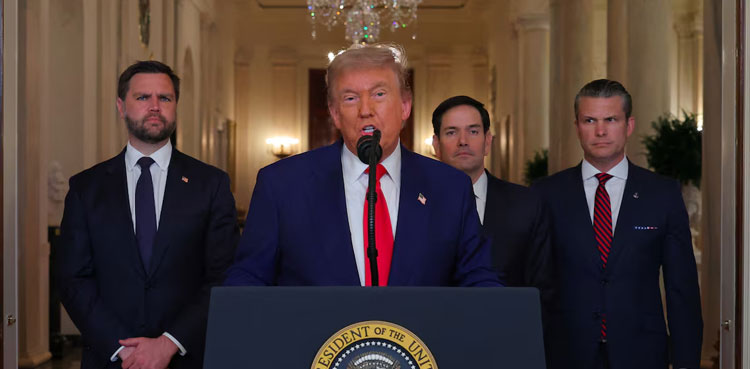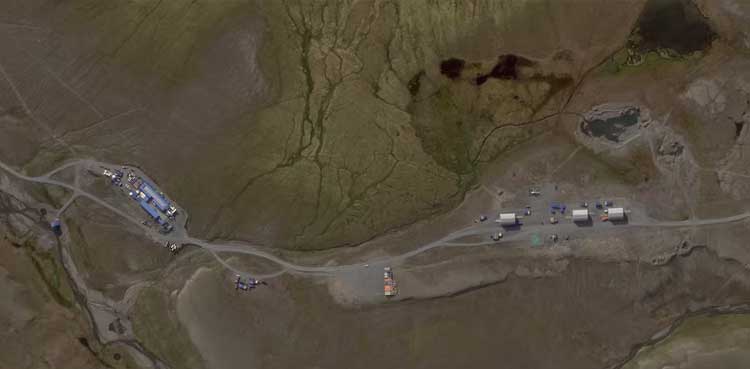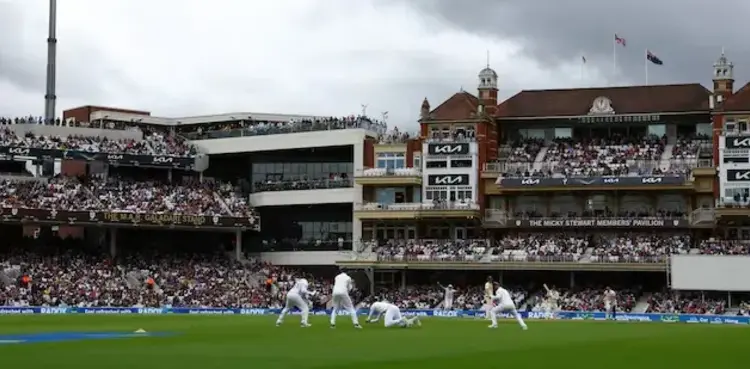U.S. President Donald Trump threatened “severe consequences” if Russia’s Vladimir Putin blocked peace in Ukraine but also said on Wednesday that a meeting between the pair could swiftly be followed by a second that included the leader of Ukraine.
Trump did not specify what the consequences could be, but he has warned of economic sanctions if a meeting between himself and President Putin in Alaska on Friday proved fruitless.
The comments by Trump and the mood music after a virtual meeting of Trump, European leaders and President Volodymyr Zelenskiy could provide some hope for Kyiv after fears the Alaska meet could sell out Ukraine and carve up its territory.
However, Russia is likely to resist Ukraine and Europe’s demands strongly and previously said its stance had not changed since it was set out by Putin in June 2024.
When asked if Russia would face any consequences if Putin does not agree to stop the war after Friday’s meeting, Trump responded: “Yes, they will.”
Asked if those consequences would be sanctions or tariffs, Trump told reporters: “I don’t have to say, there will be very severe consequences.”
But the president also described the aim of the meeting between the pair in Alaska as “setting the table” for a quick follow-up that would include Zelenskiy.
“If the first one goes okay, we’ll have a quick second one,” he said.
“I would like to do it almost immediately, and we’ll have a quick second meeting between President Putin and President Zelenskiy and myself, if they’d like to have me there.”
Trump did not provide a time frame for a second meeting.
RED LINES
European leaders and Zelenskiy had earlier spoken with Trump in a last-ditch call hosted by Germany to lay out red lines ahead of the Alaska meeting.
“We had a very good call. He was on the call. President Zelenskiy was on the call. I would rate it a 10, very friendly,” Trump said.
French President Emmanuel Macron said Trump agreed that Ukraine must be involved in any discussions about ceding land while Zelenskiy said Trump had supported the idea of security guarantees in a post-war settlement.
“President Trump was very clear that the United States wanted to achieve a ceasefire at this meeting in Alaska,” Macron said.
“The second point on which things were very clear, as expressed by President Trump, is that territories belonging to Ukraine cannot be negotiated and will only be negotiated by the Ukrainian president.”
German Chancellor Friedrich Merz, who hosted the virtual meeting, said the principle that borders could not be changed by force must continue to apply.
“If there is no movement on the Russian side in Alaska, then the United States and we Europeans should … increase the pressure,” he said.
“President Trump knows this position, he shares it very extensively and therefore I can say: We have had a really exceptionally constructive and good conversation with each other.”
Trump and Putin are due to discuss how to end the three-and-a-half-year-old conflict, the biggest in Europe since World War Two. Trump has previously said both sides will have to swap land to end fighting that has cost tens of thousands of lives and displaced millions.
RUSSIA MAKES SHARP ADVANCE INTO UKRAINE
On a day of intense diplomacy, Zelenskiy flew into Berlin for virtual meetings with European leaders and then with Trump.
He and the Europeans worry that a land swap could leave Russia with almost a fifth of Ukraine, rewarding it for almost 11 years of efforts to seize Ukrainian land, the last three in all-out war, and embolden Putin to expand further west in the future.
Russian forces have made a sharp thrust into eastern Ukraine in recent days in what may be an attempt to increase the pressure on Kyiv to give up land.
“I told the U.S. president and all our European colleagues that Putin is bluffing (about his stated wish to end the war),” Zelenskiy said. “He is trying to apply pressure before the meeting in Alaska along all parts of the Ukrainian front. Russia is trying to show that it can occupy all of Ukraine …”
A source familiar with the matter said the call with Trump discussed possible cities that could host a three-way meeting, depending on the outcome of the talks in Alaska.
Wary of angering Trump, European leaders have repeatedly said they welcome his efforts, while stressing that there should be no deal about Ukraine without Ukraine’s participation.
Trump’s agreement last week to the summit was an abrupt shift after weeks of voicing frustration with Putin for resisting the U.S. peace initiative. Trump said his envoy had made “great progress” at talks in Moscow.
A Gallup poll released last week found that 69% of Ukrainians favour a negotiated end to the war as soon as possible. But polls also indicate Ukrainians do not want peace at any cost if that means crushing concessions.
Russian Foreign Ministry spokesperson Alexei Fadeev earlier said Moscow’s stance had not changed since last year.
As conditions for a ceasefire and the start of talks, the Kremlin leader had demanded that Ukraine withdraw its forces from four regions that Russia has claimed as its own but does not fully control, and formally renounce its plans to join NATO.
Kyiv swiftly rejected the conditions as tantamount to surrender.
